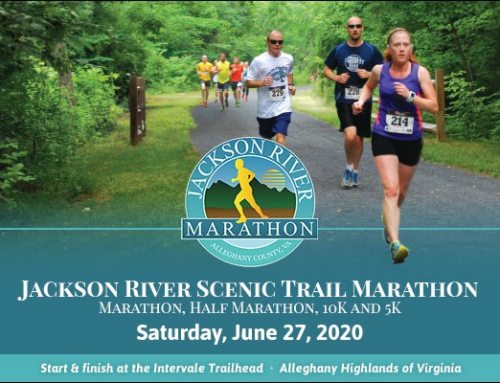One athlete’s journey to the NYC Marathon
In addition to traditional marathons, color runs and obstacle course races are attracting an increasing number of novice runners. In the U.S., over 19 million people complete organized running events each year. As a result, sports and orthopedic specialists, primary care physicians, and physical therapists are seeing an increase in running-related injuries.
Dr. Keith Anderson is a sports medicine and family medicine trained physician at Novant Health Cotswold Medical Clinic in Charlotte, North Carolina. He conducts running seminars throughout the year, cautioning patients that they need to ease into new exercise routines, particularly running programs.
“Running is a great way for people to incorporate exercise into their daily routine because it’s inexpensive and doesn’t require advanced training,” Anderson said. “However, preparation is very important with any running program. If you are training for a running event or just using it as a form of exercise, you should ease into increasing your speed and distance to help avoid injury. You should also have the proper footwear and attire.”
Anderson works closely with Molly Capella, a doctor of physical therapy at Novant Health Rehabilitation Center in Charlotte to address patients’ sports related injuries. Capella works with runners year-round evaluating their running form, establishing running routines and teaching proper cross training exercises to reduce risk of injury. Together, Anderson and Capella work with patients who may be experiencing overuse injuries – the most common form of injury among runners. The top overuse injuries in runners include shin splints, IT band syndrome, runner’s knee and Achilles tendinitis – all of which can initially be treated at home by resting and icing the injured area.
Anderson and Capella worked with patient Melinda Law so she could achieve her goal of competing in the 2015 TCS New York City Marathon. “I was injured when I received the notice that I had been accepted into the New York City Marathon,” said Law, who lives in Charlotte, North Carolina. “I applied to the lottery four years in a row so I wasn’t about to miss the opportunity to compete. I had six months to train, so I began working with Dr. Anderson and Molly on a rehab program that addressed my running technique and the pain I was experiencing in my hamstring.”
Law underwent a functional movement assessment with Capella to determine ways she could improve her running stride and which muscles needed strengthening. Many recreational runners predispose themselves to injury due to poor range of motion and functional movement necessary to have a strong running stride. Capella added cross training and core strengthening exercises to Law’s training regimen to help her reduce further injury. However, even with the proper guidance, training for a marathon still places a lot of stress on joints, muscles and bones. “About two months before the marathon I was ready to throw in the towel,” Law said. “Fortunately, under Dr. Anderson’s direction, I was able to continue training. I would email him periodically to ask about certain aches and pains I was experiencing in case an office visit was necessary. He told me to listen to my body and gave me the support I needed to continue training.”
Anderson noted the importance of persistence and partnership with one’s medical care team. “It’s all too common for athletes to avoid seeing their doctor because they are afraid they will be told to stop running,” he said. “The reality is we can make adjustments so they can continue running. I work very hard to keep my patients doing the things they care about.”
Law completed the 2015 TCS New York City Marathon injury-free and attributes her success to Anderson and Capella. “Aside from my husband, they were my biggest cheerleaders,” she said. “They got me through the race healthy, without any tears or sprains.” Capella said, “Melinda was extremely motivated and followed the individual treatment and training protocols we recommended. That is why she was so successful.”
Learn more about how you can stay in the game with sports medicine services offered by Novant Health. Visit NovantHealth.org/sportsmedicine.







